EVEN IF you’re not super into nutrition, you’ve probably heard about the importance of iron.
In its most famous role, iron is a key component of your hemoglobin, a protein that allows red blood cells to carry oxygen from the lungs to the rest of your body.
But that’s not all iron is good for. The mineral also plays a role in energy production, growth, brain development, cellular functioning, and the synthesis of certain hormones.
By some estimates, almost one-third of American women and children don’t have enough iron in their bodies—men have lower iron needs, so deficiency is less common.
Chronically low iron levels lead to iron-deficiency anemia. According to the National Institutes of Health (NIH), this can cause a number of signs and symptoms: pale skin, cracked lips, brittle nails, fatigue, shortness of breath, chest pain, dizziness, irritability, headaches, trouble concentrating, and more.
If you worry that you’re iron deficient, it’s best to get a blood test to confirm or deny your suspicions. A doctor might test your hemoglobin levels to test for iron-deficiency anemia; for men, anything below 13 g/dL could be a sign of anemia. Or, the doctor might test your iron levels directly—for adults, 10-30 mmol/L is normal, whereas anything below 10 mmol/L is low.
The only way to increase your iron levels is to actually consume the stuff. Adult men need 8 milligrams (mg) per day. The best food sources of iron are fortified cereals (which provide 100 percent of your daily value), oysters, beef, beans, lentils, and spinach. That said, plant-based sources contain non-heme iron, which isn’t as bioavailable (meaning your body doesn’t absorb as much) as the heme iron found in animal sources.
Not sure you’re getting enough iron from your diet? An iron supplement could help. If you follow a vegan diet or donate blood often, it’s possible that you may need a supplement to meet your iron needs.
Ashley Harpst, R.D., a sports dietitian and owner of Go For the Gold Nutrition, recommends talking with your doctor to figure out exactly how much iron to take. She also warns that there are potential side effects of supplementation, including constipation, diarrhea, nausea, bloating, and heartburn. To avoid all this, it’s best to take your supplement with food.
Some supplement makers sell themselves with a workout angle: Good blood flow means bigger gym gains. While consuming iron can prevent and treat iron-deficiency anemia—and doctors may recommend iron supplements to increase your level. Your body may use more iron during vigorous aerobic training, especially if you train on most days of the week for 60 minutes or more, says Diane M. DellaValle, Ph.D., R.D.N., an associate professor and research nutritionist at King’s College.
Look, iron supplements won’t enhance your muscles or improve workouts. Most men get the recommended eight milligrams of iron daily, says Della-Valle. (Fortified breakfast cereals have about 20 per one-cup serving.)
So the megadoses in iron supplements are kind of useless.Y our body has a natural iron shutoff that stops you from overloading, unless you have a disorder like hemochromatosis.
That said, if you’re a hardcore athlete or experiencing dizziness or extreme fatigue, have your doctor run that blood test for low iron. If you do have iron-deficiency anemia, your doc may prescribe an iron supplement, but ask how you can change your diet, too. It’s not like the food prescription is bad—beef, oysters, dark chocolate, chickpeas, potatoes, and cashews are all good (andtasty) sources of iron.
So if you’re looking to supplement, what should you take?
The National Institutes of Health recommends only buying products that have been tested by third-party laboratories like United States Pharmacopoeia (USP) or NSF International.
Supplements aren’t regulated by the Food and Drug Administration (FDA) the way drugs are, so there’s no guarantee that you’re actually getting what’s on the label, but third-party verification is a good insurance policy. Keep in mind that consuming more than 45mg of iron per day may be harmful, so it’s best to choose supplements that contain 30mg or less.
To save yourself some time scanning the store shelves, we’ve handled the research to determine the best picks for reducing your risk of iron deficiency.
MegaFood Blood Builder is a vegan iron supplement with whole food ingredients that support healthy red blood cell production. Verified by six third-party organizations, MegaFood boasts that it provides 26mg of iron per serving without the gastrointestinal side effects. And if you’re not a fan of the tablet size, they also have a mini version of the same product.
These caplets, which contain 28mg of iron per serving, are Harpst’s top pick. “[This product] contains heme and non-heme iron, which enhances absorption and minimizes gastrointestinal side effects,” she says, adding that it can also be taken with or without food.
BeLive is a good option for children or even adults who aren’t crazy about taking pills. The grape gummies don’t include any artificial color or flavoring and include 10mg of iron per serving (2 gummies). The supplements are vegan-friendly, gluten-free, FDA-approved, and provide several other essential micronutrients.
If you’re not interested in taking pills, Floradix is a vegetarian liquid supplement with 10mg of iron and other B-vitamins for healthy red blood cell growth. Because it’s a liquid supplement, it can be easily absorbed and is gentle on the digestive tract. It contains a number of fruit juice concentrates for added taste and the brand also offers tablet options.
New Chapter Fermented Iron Complex is for those looking for an organic and non-GMO supplement. Although it contains a smaller amount of iron than others, at 9 mg per serving, it also provides 30mg of vitamin C.
NOW iron supplements are a vegan-friendly option providing 18mg of highly absorbable iron per capsule. These supplements are verified by Underwriters Laboratories (UL) for safety standards. NOW also offers double-strength, iron complex, and liquid variations.
These Nature Made gummy vitamins deliver 18mg of iron and 40mg of vitamin C (100 percent and 44 percent of your daily needs, respectively). They’re available at most drugstores and supermarkets, and they’re verified by the United States Pharmacopeia (USP).
Gnarly, which makes supplements for outdoor enthusiasts and more traditional athletes alike, says this vegan-friendly capsule is especially useful for endurance athletes. Baseline Iron+ uses iron bisglycinate, which the brand claims won’t cause your stomach to get upset—an especially valuable quality if you’re taking it on the trail.
This content is created and maintained by a third party, and imported onto this page to help users provide their email addresses. You may be able to find more information about this and similar content at piano.io


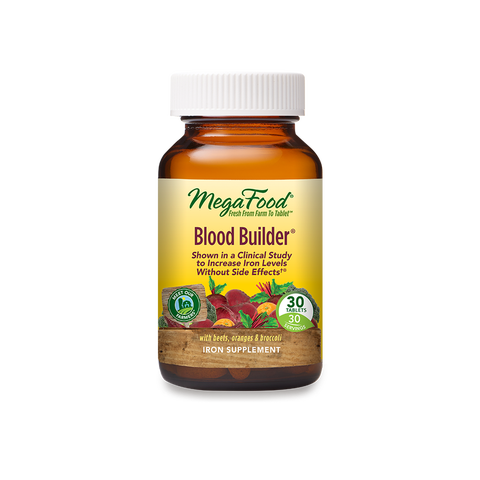

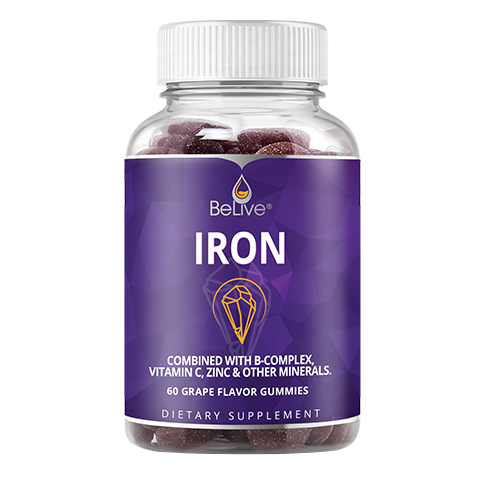
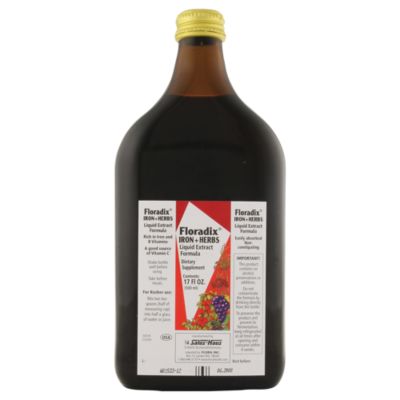
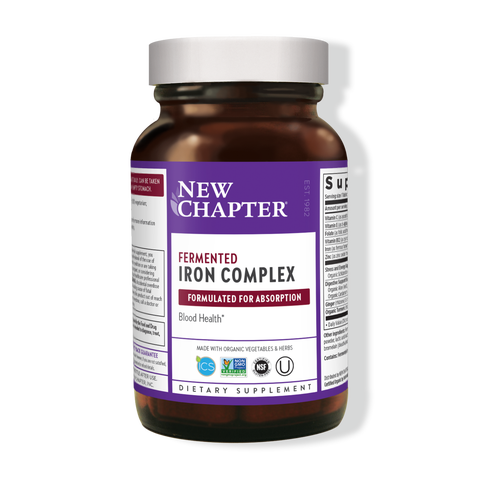
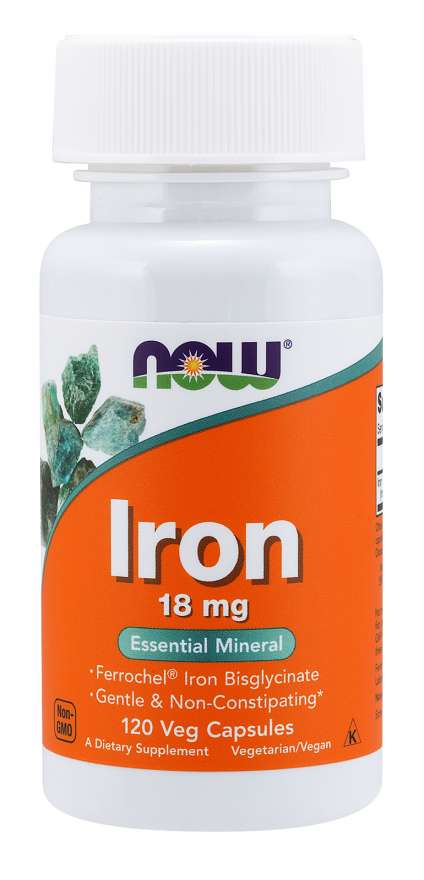


Comments are closed.